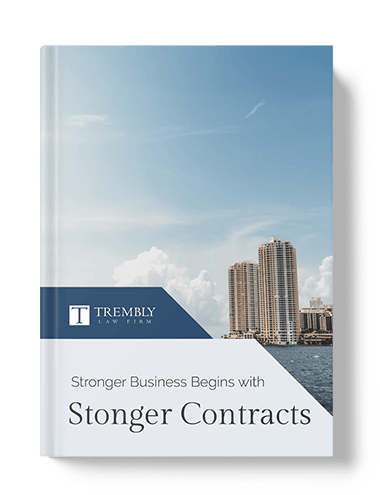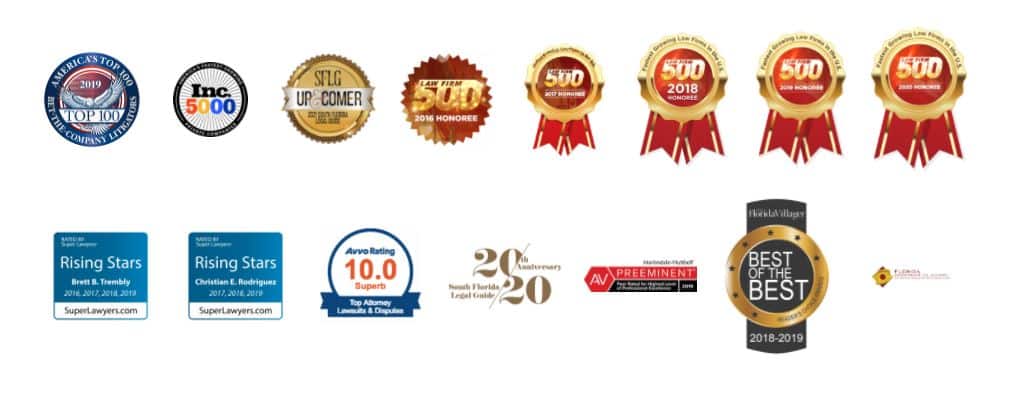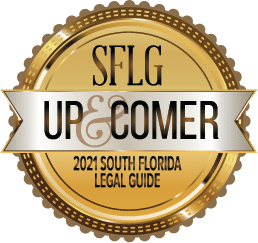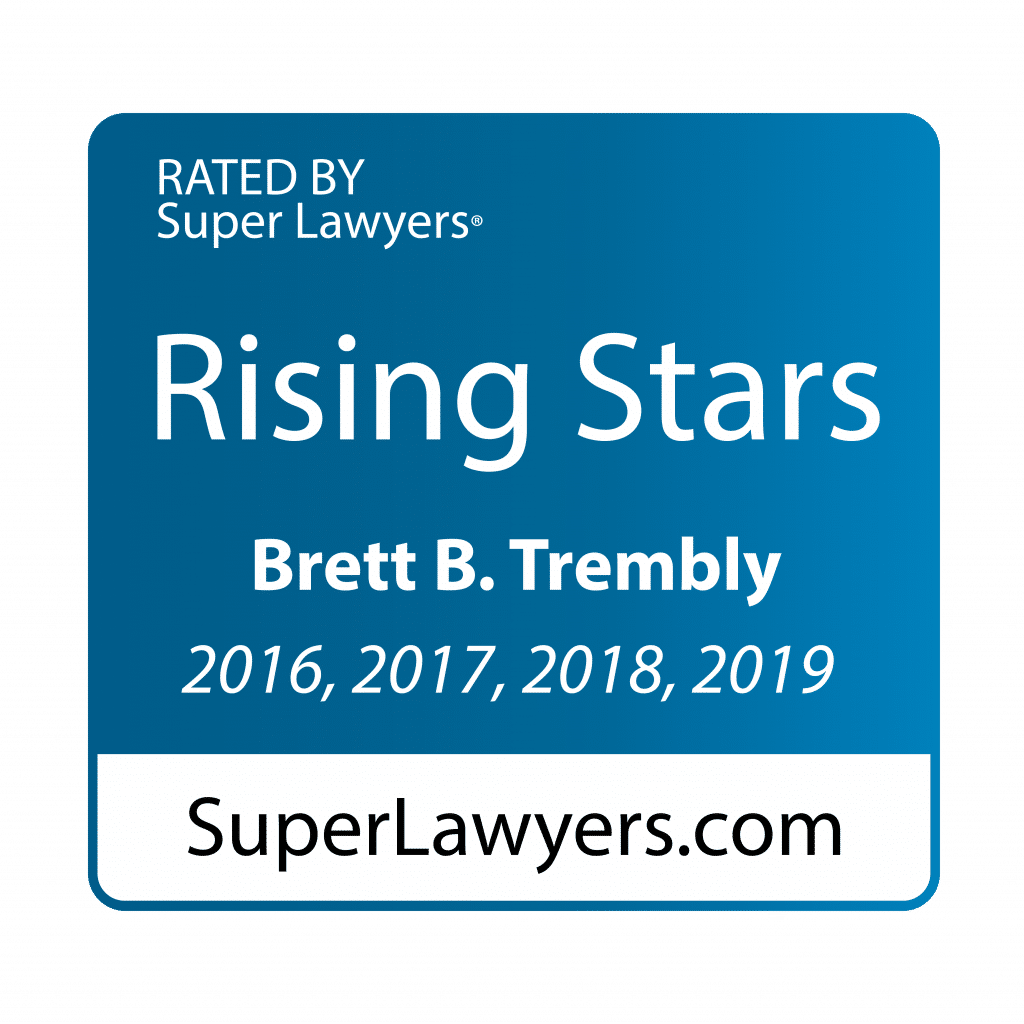Would you ever consider selling your business?
Even if your answer is “Absolutely not!” – this is an article that all business owners should read.
That’s because you never know what circumstances may be around the corner. For instance, someone could come to you with a dream offer you just cannot refuse. Or In the event of the death of a loved one or business partner, your day-to-day needs may change drastically.
Additionally, upon your retirement or passing, you may leave your business to your heirs. And in that case, you want to be sure you’re leaving them a highly valuable, hassle-free asset.
On the other hand, maybe selling your business is a core part of your plan. You’ve poured your time and talents into it, scaling it from a fledgling idea into a successful enterprise, and now you’re ready to watch it soar to new heights in different hands.
In any of these situations, you would be grateful to yourself now for preparing your company for sale in advance. Below are three steps you can take right now to maximize the value of your business and prevent pitfalls in the selling process.
Understand Your Assets
Before you start surveying the landscape and meeting with potential buyers, it’s important to get a clear picture of what your business is worth. This makes it easier to recognize a reasonable offer once you start negotiations.
You cannot place a realistic value on your company or enter into a solid deal until you know the value of all of your assets. This includes both tangible and intangible ones. Let’s break these down a little.
Tangible Assets
Tangible assets include anything you can physically touch, and can be either current or fixed. Current assets are ones your company uses on a regular, recurring basis, including:
- Inventory
- Investments
- Cash
As a general rule, you can exhaust these assets or convert them to cash within a year. On the other hand, fixed assets are usually much larger in nature and will depreciate over time, such as:
- Major equipment
- Land
- Buildings
Intangible Assets
Intangible assets include any type of non-physical business property. They can be either definite or indefinite.
Definite intangible assets are time-bound, which means they are only active for a certain amount of time. Examples include:
- Patents
- Trademarks
- Copyrights
- Contracts
- Building leases
- Accounts receivable
Indefinite assets are not restricted by any timeline and can last as long as your company is running, such as:
- Intellectual property
- Brand name
- Brand image
- Algorithms
- Customer/employee goodwill
- Customer loyalty
Looking at this list and unsure where to start? Most business owners have far more assets than they realize, and assigning a value to each one can be tricky.
Verify Ownership
Once you have your assets listed and organized, it’s time to think about who actually owns them. When you use an item on a daily basis, it’s easy to assume that it’s rightfully yours. However, have you read the fine print?
There is a chance that many of the tangible or intangible assets your business relies on legally belong to another person or party.
Take your company logo, for instance.
If you designed and developed the logo from scratch, then it may truly belong to your brand. However, if you used any type of free, DIY design software, there’s a good chance that the software vendor is the real legal owner.
Before moving on, verify any ownership details that you’re not 100% sure about. You should have written proof that the assets you’re using to valuate your company belong to it outright. Otherwise, you could be asking someone to buy an item or idea that isn’t yours to sell.
Find Reliable Partners
Selling a business isn’t a one-person feat, and that’s a good thing. You don’t want to go through this journey alone.
As someone who has overseen many of these deals, I can’t stress enough how important it is to assemble a trusted team to guide you through this process. As you start thinking about potential meetings and negotiations, assemble a small team of advisors you can trust to help you navigate the way forward.
In addition to your core group of internal stakeholders, this also includes outside legal and financial experts. These trained professionals will know how to handle even the most complex business deals and can ensure you have everything in place at each checkpoint.
Financial Partners
On the financial side, it’s helpful to work with an accountant or valuation expert who can give you a fair, realistic view of your company’s worth. It’s common for business owners to over-estimate this number simply because of how much the enterprise means to them, but remember that emotional value and actual value can be quite different.
In addition, a financial expert can also help you understand the tax implications you may incur when you sell a business. For instance, if the sale triggers a long-term capital gain, then federal and state taxes will apply. You need to know which parties are responsible for bearing those consequences, and how the payments will work.
If you’re feeling stuck at this step, we can help. Trembly Law Firm has a list of trusted, pre-vetted financial experts that our clients can contact to secure these services.
Legal Partners
We also recommend hiring a lawyer to facilitate this process and safeguard your peace of mind.
Selling a business often requires wading through a significant amount of legal jargon and dense documentation, which can be overwhelming if you’re not used to working in this space. A business law attorney will be well-versed in every aspect of every step, breaking down complicated procedures and making sure you have everything you need.
While it can be tempting to simply write your own contract or use a boilerplate template you find online, think twice about going that route. This might seem like the quick and easy way to get those legalities behind you, but remember that you’re bound to anything you sign — even if it turns out to be a bad deal. It’s better to let a legal expert take the reins to protect your rights and best interests.
Sell Your Business the Right Way
Even if you aren’t planning to sell any time soon, it’s still smart for any entrepreneur to go through the steps above. Having a clear and accurate view of your assets and financials makes everyday accounting operations much easier, and can also facilitate future lending requests.
If you are interested in selling your business, let’s talk.
As an award-winning, industry-recognized leader in business law, Trembly Law Firm has helped South Florida business owners approach this exciting next step with confidence. You can contact me, or anyone at Trembly Law, and we’ll be in touch immediately.
Kristen Corpion, Esq.
Partner & Chief Innovation Officer
Legal advocate. Educator. And community leader. Award-winning attorney Kristen Corpion is the face of the modern lawyer. After graduating from Berkeley Law School and kick starting her career at elite international law firm Greenberg Traurig, Kristen founded her own innovative law firm, CORPlaw which helped modern entrepreneurs grow and protect their businesses. Kristen is now a Partner at Trembly Law, and the Firm’s Chief Innovation Officer, using her experience and legal prowess to continue protecting business owners.

















